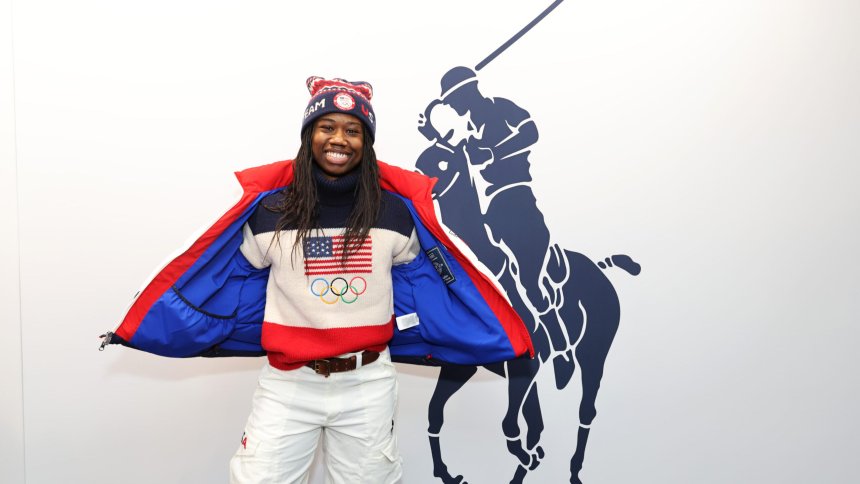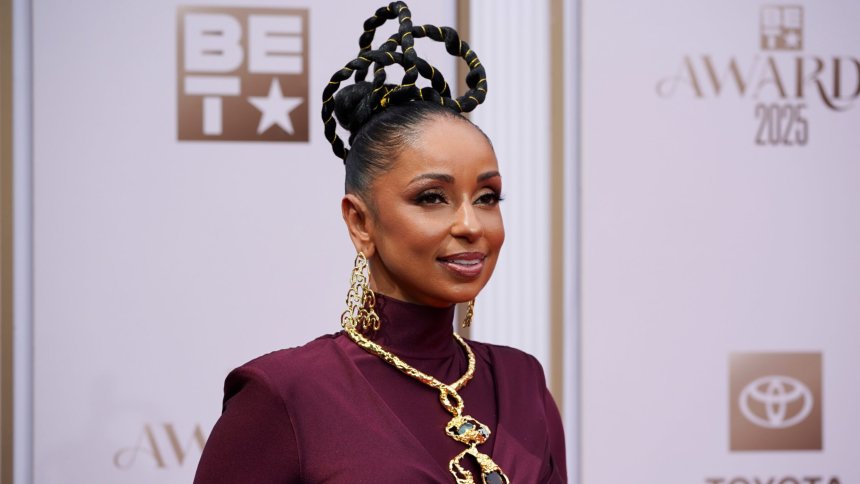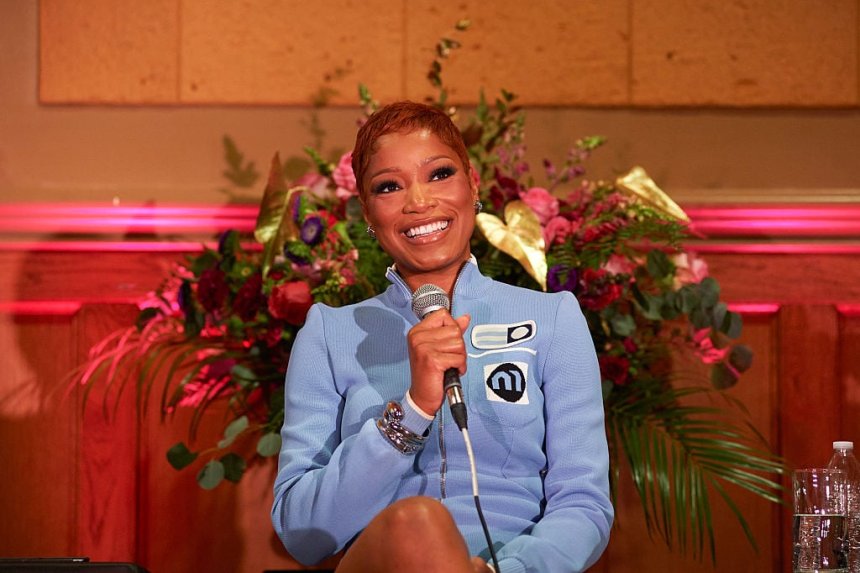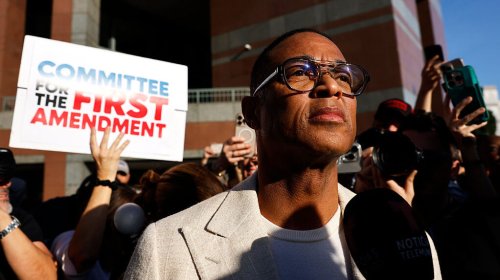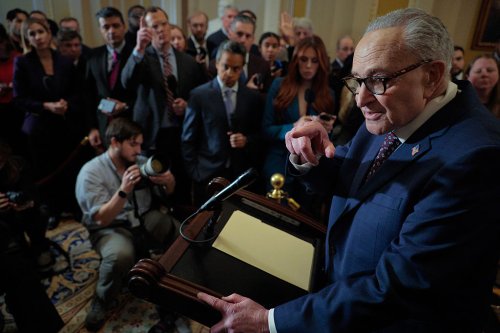Why shoppers are ditching Target for Costco after DEI fallback: ‘I wanted them to stand up’
A recent report shows signs that foot traffic has decreased at Target and increased at Costco, particularly among Black and […]
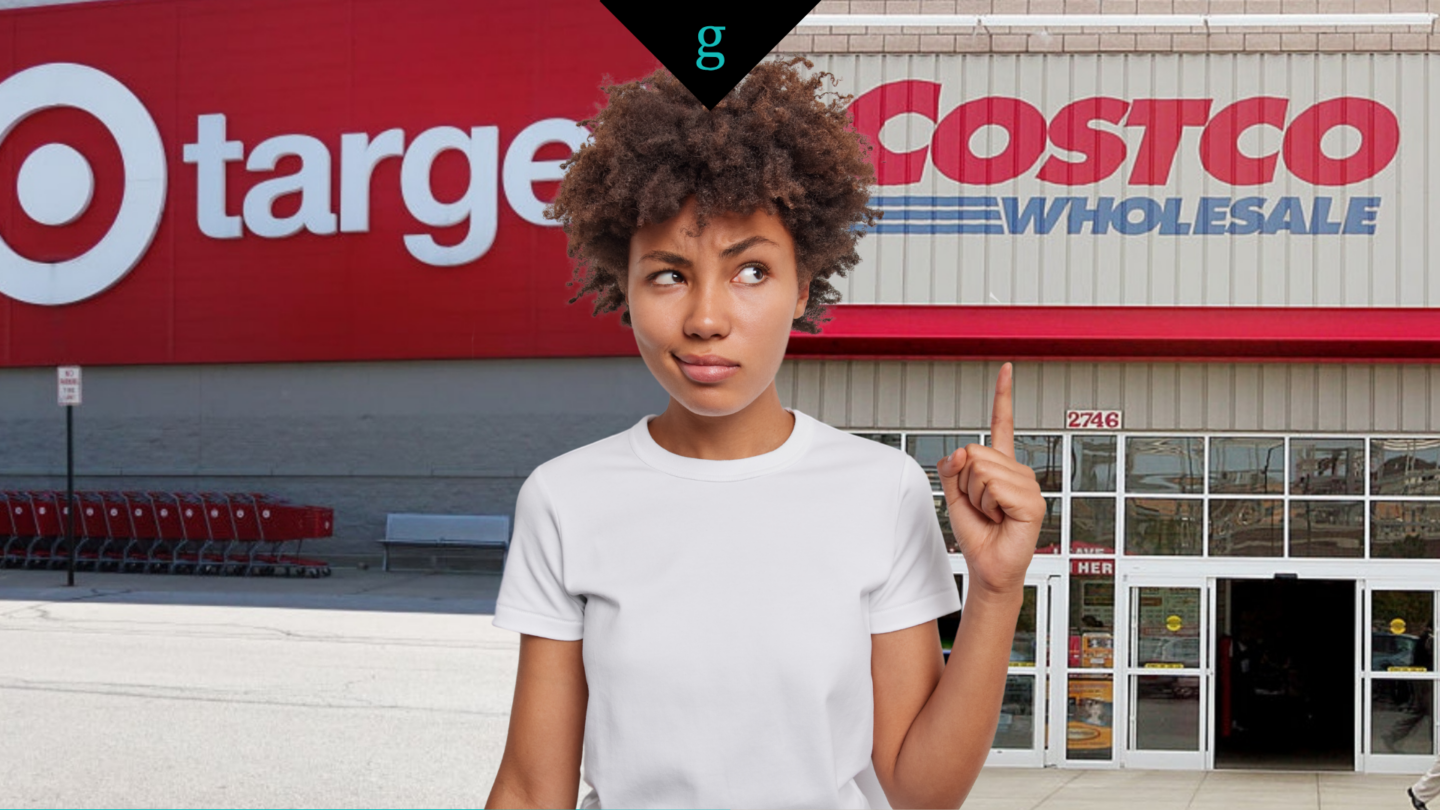
A recent report shows signs that foot traffic has decreased at Target and increased at Costco, particularly among Black and non-Black Hispanic households.
Chi Walker used to be a faithful Target customer. The professional chef, who is based in Detroit, was such a regular at the store that she had funds set aside for her shopping.
“I was a true Target girl,” Walker told theGrio with a chuckle. “I called it making my weekly donation or even tithing, you know. I loved Target.”
The 44-year-old entrepreneur was specifically attracted to Target’s dedication to uplifting independent small businesses, women-owned businesses, and Black-owned brands like The Honey Pot or The Lip Bar, a personal favorite for Walker since the makeup brand’s founder, Melissa Butler, is a Detroit native.
Walker, who is Black, said her Target loyalty changed at the beginning of the year when the company announced it would do away with its hiring goals for groups considered to be minorities as part of a larger rollback of DEI or diversity, equity and inclusion initiatives.
The shift came in light of President Donald Trump’s issuance of an executive order that targeted diversity, equity and inclusion and ending “illegal discrimination” while “restoring merit-based opportunity.”
While the order immediately affected operations in the federal government, it explicitly called out the private sector, promising to use the power of the U.S. Attorney General’s office to “advance in the private sector the policy of individual initiative, excellence, and hard work.”
For Chi Walker, this was a moment where she expected Target to double down on DEI instead of backing down.
“I felt heartbroken, quite honestly,” Walker told theGrio. “It was like, it was all a lie. Whatever alliances, whatever allyship that you had within, you know, supporting minorities was performative. You did not mean it. And I took it very personally.”
Not only did Walker perceive Target’s DEI retreat as a personal slight to her hard-earned dollars, but she also took it as a sign to take her business elsewhere.
Walker joins an undisclosed number of shoppers who are boycotting Target, which is starting to have a real financial impact on the corporate shopping giant.
The original boycott, organized by Pastor Jamal Bryant of New Birth Missionary Baptist Church and officially known as “The Target Fast,” called for 40 days of abstaining from the store and redirecting money to Black-owned brands.
But many customers have not only abstained from Target, but also taken their business to Costo instead. The choice is intentional. Costco’s CEO has openly defended diversity, equity, and inclusion, and thanks to a nod from Rev. Al Sharpton, who organized a “buy-in” of the wholesale brand, Costco is seeing a boost in profits.
A recent report from Numerator says surveys and assessments of foot traffic show 7.7 million more visits to Costco and 5 million fewer visits to Target for four weeks in February. The changes are highly visible in Black and non-Black Hispanic households. They acknowledge some other factors may have impacted the numbers but do see a connection to the boycott. 
“They weren’t scared, you know what I’m saying?” Walker said regarding Costco’s pro-DEI stance. “It’s like, you may get backlash. The president has made this executive order that you no longer have to do these things… And they stood 10 toes down and said, ‘Well, no, this is what we want to do. We want everyone to be represented in our business.’”
Other shoppers theGrio spoke with across the country say they, too, have shifted from Target to Costo to show their support for diversity, equity, and inclusion.
“I felt as if my dollars or my culture did not matter to Target,” said Tara Paige, a 51-year-old patio designer from Texas. “I wanted them to stand up to stakeholders on my behalf and they did not.”
Netta Jenkins, a leadership expert and published author, told theGrio that the Target to Costco shift is “one of the most compelling business case studies of our time.”
“Target, once heralded as a progressive brand, made a fatal misstep,” Jenkins said. “Overnight, it distanced itself from the very principles that built consumer trust, exposing itself as an example of consumer exploitation, leading consumers to believe they valued all people, only to backtrack when opposition arose.”
“Meanwhile, Costco has not only stood firm, it has supercharged its teams and consumers to an entirely new level. I drive 30 minutes away from my home just to shop at Costco,” she explained. “Costco is thriving because consumers recognize authenticity and reward companies that honor their commitments.”
When asked if they would return to Target if the company changed its stance, some customers say it’s too late to apologize.
“While I thought I would miss the vibe, I DO NOT!” explained Tara Paige. “It’s nothing to pass by Target and walk into Costco for absolutely nothing more than a BLUE vibe!!!!”
For Chi Walker, the feeling of detachment is the same.
“I don’t miss it, which is odd because it was an abrupt thing for me to decide that I’m not gonna shop here anymore,” she told theGrio. “I don’t know that they could get me to go back because then it would still be performative in my mind.”
Walker believes that any company or brand that doesn’t recognize the value of diversity, equity, and inclusion is missing the value in customers like herself.
“It’s something that’s just innately comfortable or comforting when you see yourself represented in these spaces. It’s like I’m a part of the club. You respect me, you respect my dollar, you respect my business.”
Share
What's Your Reaction?
 Like
0
Like
0
 Dislike
0
Dislike
0
 Love
0
Love
0
 Funny
0
Funny
0
 Angry
0
Angry
0
 Sad
0
Sad
0
 Wow
0
Wow
0
